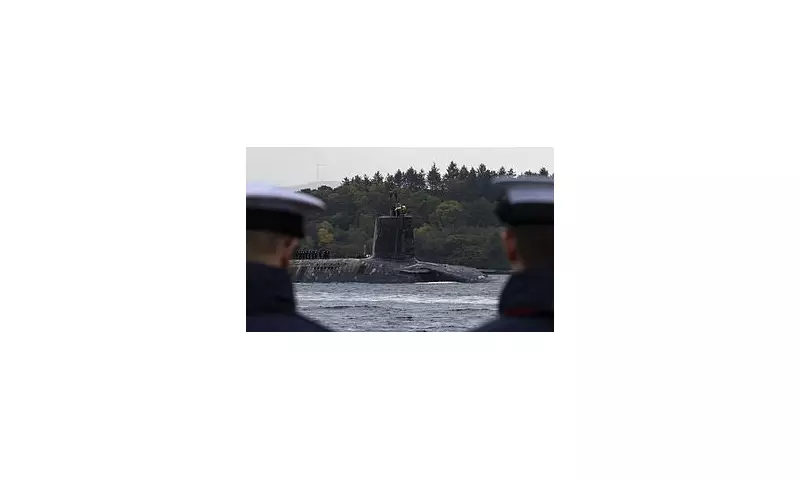
In a remarkable demonstration of endurance and capability, one of the Royal Navy's ageing nuclear-armed submarines has completed an extraordinary 200-day patrol, marking one of the longest continuous deterrent missions in recent memory. The epic voyage comes amid growing concerns about Britain's nuclear defence capabilities as replacement submarines face significant delays.
The Marathon Mission
The Vanguard-class submarine, believed to be HMS Vanguard, returned to its home port after spending nearly seven months submerged on patrol. This marathon deployment represents one of the most extended continuous deterrent patrols conducted by the Royal Navy, pushing both crew and vessel to their operational limits.
Growing Concerns Over Ageing Fleet
Defence experts are sounding alarms about the advanced age of Britain's current nuclear submarine fleet. The four Vanguard-class vessels, which form the backbone of the UK's continuous at-sea nuclear deterrent, are all approaching the end of their intended service life. Originally designed for 25 years of service, these submarines are now operating well beyond their planned retirement dates.
Replacement Programme Delays
The Dreadnought-class programme, intended to replace the ageing Vanguard submarines, has encountered multiple setbacks and delays. Technical challenges, budget constraints, and supply chain issues have pushed back the expected delivery timeline, creating a potential capability gap in Britain's nuclear defence posture.
Key concerns identified by defence analysts include:
- Extended patrol durations becoming the 'new normal'
- Increased maintenance requirements for ageing vessels
- Growing strain on submarine crews
- Potential vulnerability in continuous deterrent coverage
Operational Strain and Crew Welfare
The 200-day patrol highlights the extraordinary demands placed on both equipment and personnel. Such extended deployments test the limits of submarine endurance and raise questions about crew welfare during these marathon missions. The psychological and physical challenges of spending over six months submerged cannot be underestimated.
Strategic Implications
This development comes at a time of heightened global tensions and increasing nuclear threats. The ability to maintain a credible, continuous at-sea nuclear deterrent is considered fundamental to UK national security strategy. The extended patrols, while demonstrating capability, also reveal the stretched nature of Britain's submarine forces.
As one defence source noted, "While the successful completion of this patrol shows the Royal Navy's professionalism and capability, it also underscores the urgent need for the Dreadnought programme to deliver on time. We cannot keep expecting these ageing vessels to perform miracles indefinitely."
The Ministry of Defence maintains that the UK's nuclear deterrent remains secure and effective, but acknowledges the challenges facing the submarine replacement programme. With geopolitical uncertainties growing, the capability to maintain continuous deterrent patrols has never been more critical to national security.





